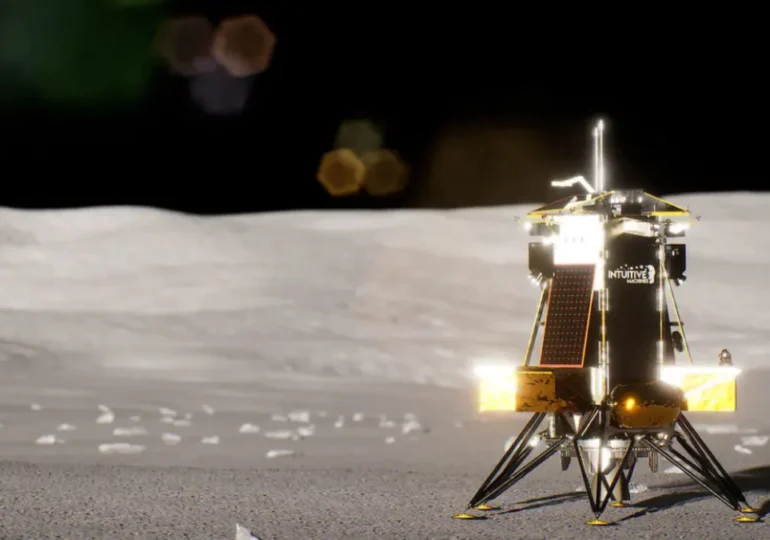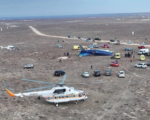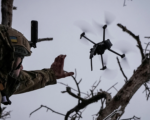Russia Signals Potential Shift in Nuclear Doctrine Amid Escalating Tensions with Ukraine
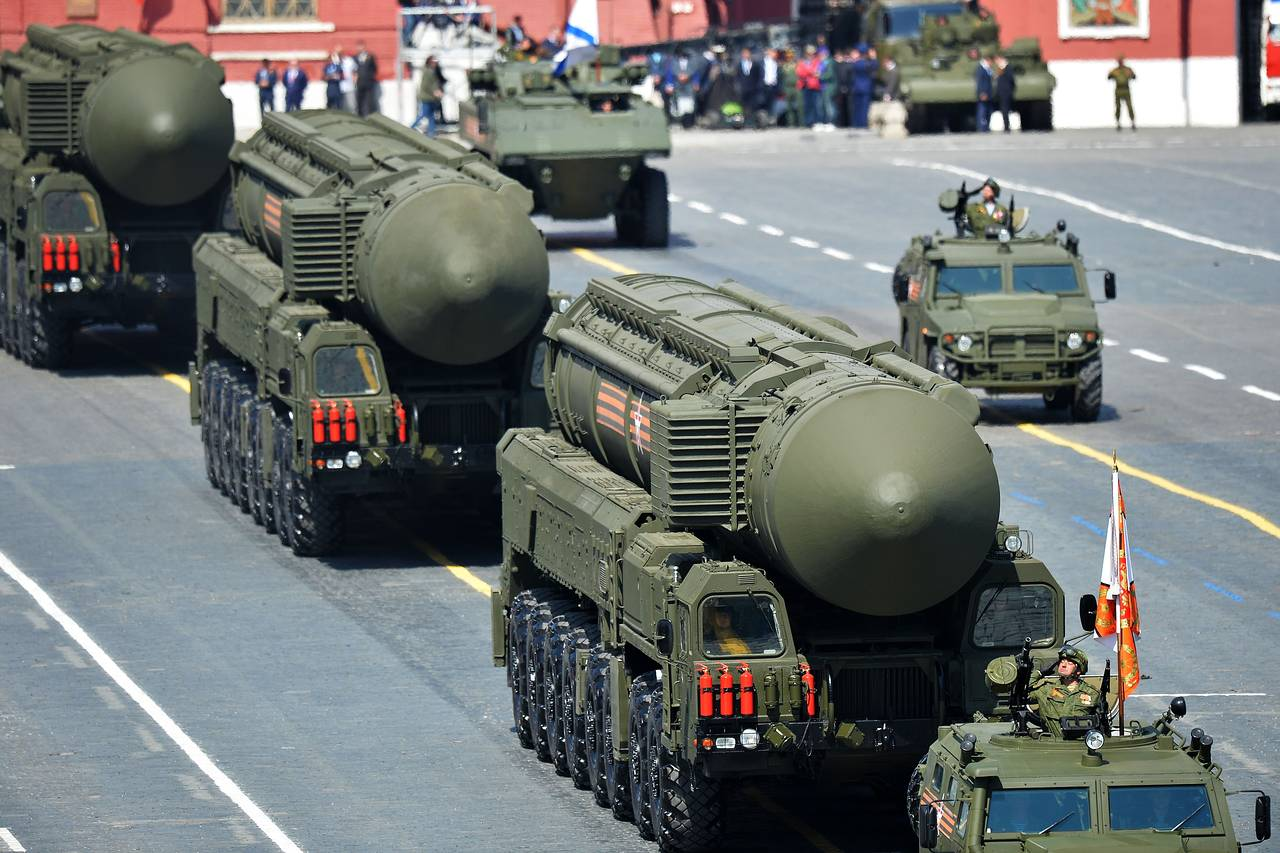
Russia has suggested that it may revise its official stance on the use of nuclear weapons, as tensions continue to escalate with Ukraine following cross-border incursions into Russia’s Kursk region. Deputy Foreign Minister Sergei Ryabkov announced that amendments to Russia’s nuclear doctrine are in progress, motivated by what Moscow perceives as a Western-backed escalation of the conflict with Ukraine.
Ukraine’s recent offensive, which has seized nearly 500 square miles of Russian territory since August, has prompted Russia to reconsider its nuclear policy. Ryabkov pointed to the ongoing military support provided to Ukraine by NATO allies, especially the supply of long-range missiles, as a driving factor behind the revision. Although Western nations have denied involvement in Ukraine’s cross-border operations, Russia accuses them of encouraging the offensive.
Russia’s current nuclear doctrine reserves the right to use nuclear weapons in response to nuclear or other mass destruction weapons used against it or its allies, as well as in the event of conventional aggression threatening the existence of the state. While the doctrine emphasizes nuclear weapons as a deterrent, Russian officials, including President Vladimir Putin, have signaled that the conditions for nuclear deployment could be revised. Putin has referred to the nuclear doctrine as a “living instrument” that could be adjusted based on changing global dynamics.
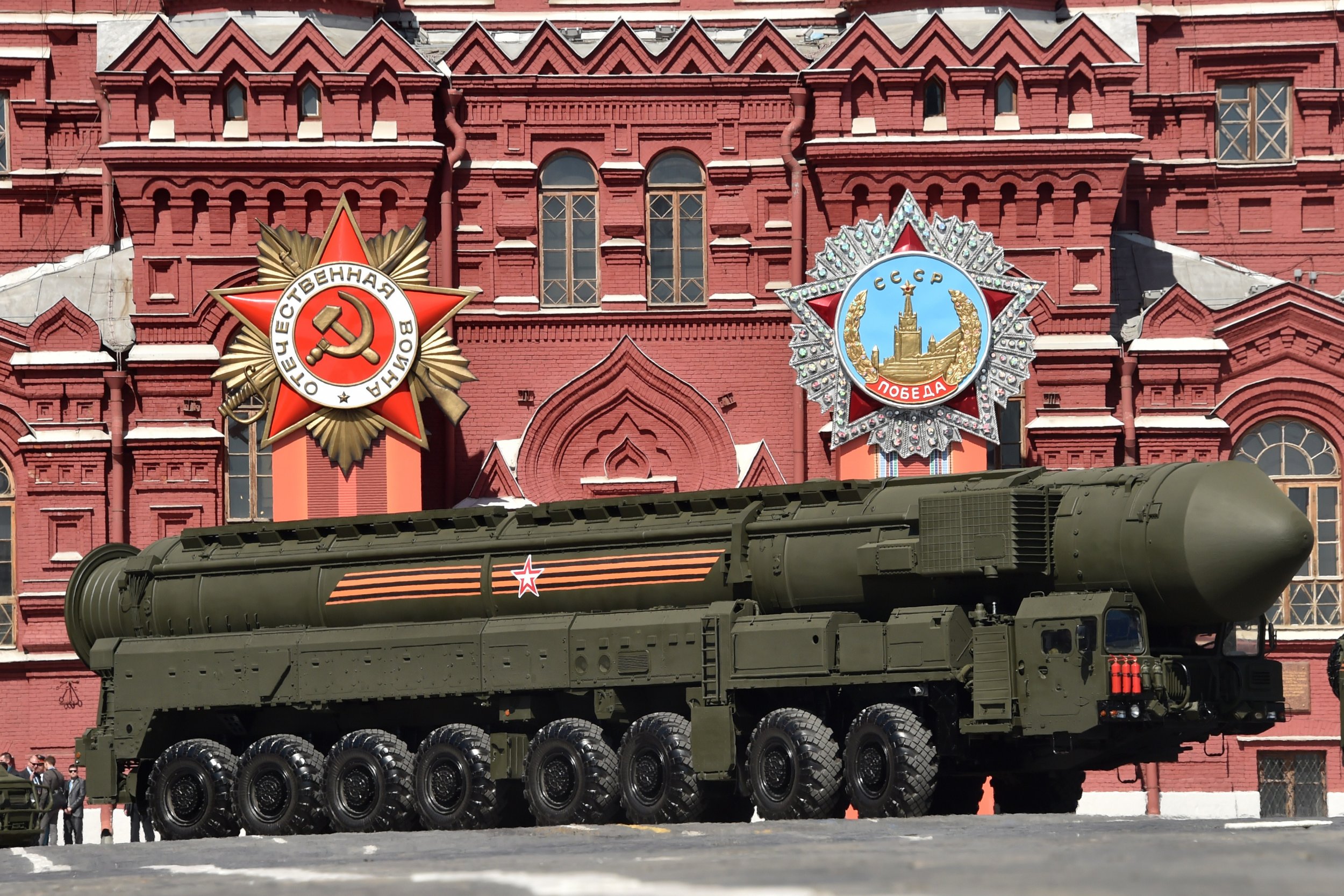
The possibility of deploying nuclear weapons has been a recurring theme since Russia’s invasion of Ukraine in February 2022. Although tactical nuclear weapons, which are designed for battlefield use, have been stationed near Ukraine and in Belarus, Russia has so far refrained from employing them. However, recent Ukrainian incursions into Russian territory have exposed vulnerabilities in Russia’s national defenses, raising concerns about a potential nuclear response.
Despite saber-rattling from Russian officials, analysts believe that the likelihood of Russia deploying nuclear weapons remains low. Experts from the Institute for the Study of War downplayed Ryabkov’s comments, suggesting that the rhetoric is intended to dissuade Western countries from supporting Ukraine further. The potential changes to Russia’s nuclear doctrine are likely aimed at maintaining strategic ambiguity, rather than signaling an imminent shift in nuclear policy.
Russia’s framing of the conflict as an existential battle with the West has kept nuclear tensions simmering, but Ukrainian officials hope that their recent operations will dispel fears of nuclear retaliation and encourage more robust support from NATO, including the approval of longer-range missiles. As both sides continue to escalate, the global community watches closely, concerned that any misstep could trigger a nuclear confrontation with far-reaching consequences.


